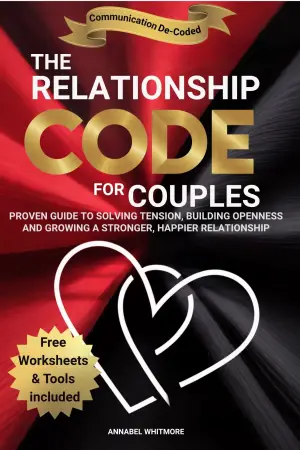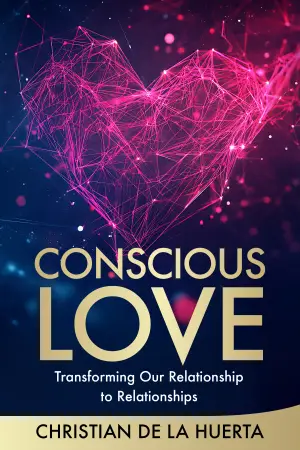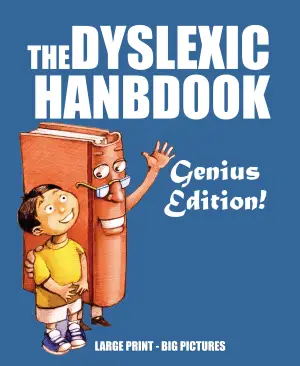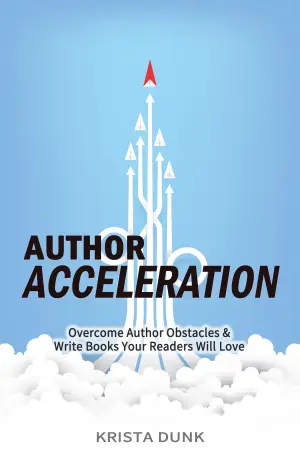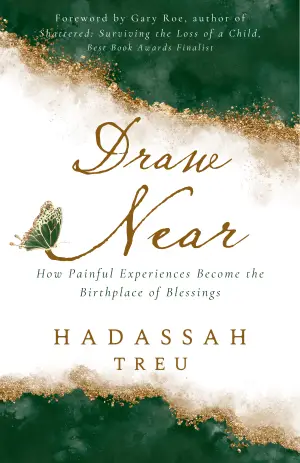Unpacking Misogynoir in the Digital Age: A Reflection on "Misogynoir Transformed"
When I first came across "Misogynoir Transformed: Black Women’s Digital Resistance" by Moya Bailey, I was immediately intrigued—not only by the title but by the promise of diving into a nuanced discussion on the intersection of race, gender, and the digital landscape. As a digital native myself, the book’s exploration of how online platforms can both propagate and challenge misogynoir felt incredibly relevant. It’s a timely examination of our digital selves and our societal perceptions, and it certainly did not disappoint.
Bailey’s work is groundbreaking as she dissects the evolution of racism and misogyny, particularly through the lens of Black women. By extending Patricia Hill Collins’ controlling images into contemporary contexts, Bailey highlights how long-standing stereotypes, such as the "mammy," "jezebel," and "welfare mother," have morphed in our visually driven digital world. Particularly striking is her discussion on the "strong Black woman," a portrayal that, while seemingly empowering, often masks an insidious expectation of resilience amidst systemic oppression.
One of the book’s most impactful sections deals with the very real repercussions of these digital representations. Bailey asserts, “The stress and material consequences of systemic oppression make it nearly impossible to have physical, mental, and social well-being in a white supremacist patriarchal country.” This resonated deeply with me, prompting reflections on how often we overlook the material realities behind the memes and hashtags that flood our timelines. It’s a sobering reminder that the online discourse around Black women is fraught with danger, particularly when we consider the tragic example of missing Black women and the public’s muted response to violence against them.
Bailey’s writing style is accessible and engaging, making complex sociopolitical concepts digestible without sacrificing depth. Each chapter flows seamlessly into the next, maintaining a pace that invites readers to reflect without becoming overwhelmed. I particularly appreciated her use of real-life examples, such as the mistrust Black women face in medical settings, which highlighted the urgent need for accountability both online and offline. Bailey’s powerful assertion, “misogynistic representations allow Black women to be ignored in society without guilt,” rings painfully true in a world where marginalized voices are often drowned out by the dominant narratives.
A standout moment for me came from her discussion of empowerment in the digital realm. The way Bailey celebrates the rise of community among Black queer and trans women is inspiring and hopeful. She encourages these communities to reclaim their narratives, using platforms to redefine themselves against the backdrop of negative representations. The idea that “fighting fire with fire” through digital media serves as a potent tool for resistance is perhaps one of the most profound insights in the book.
I wholeheartedly recommend "Misogynoir Transformed" to anyone interested in social justice, digital culture, or the intersectionality of identities. It is both a call to action and a manual for understanding our roles within societal structures that perpetuate harm. Reading this book was not just enlightening; it was a journey that challenged me to reconsider my own online interactions and the weight they carry.
Bailey’s work leaves one hopeful yet aware of the challenges that lie ahead. In a moment when digital spaces can either uplift or decimate, "Misogynoir Transformed" reminds us of our power and responsibility to shape the narratives that define us. If you’re ready for a thought-provoking, compassionate exploration of race, gender, and identity in the digital age, this book is a must-read.
Discover more about Misogynoir Transformed: Black Women’s Digital Resistanc… on GoodReads >>

